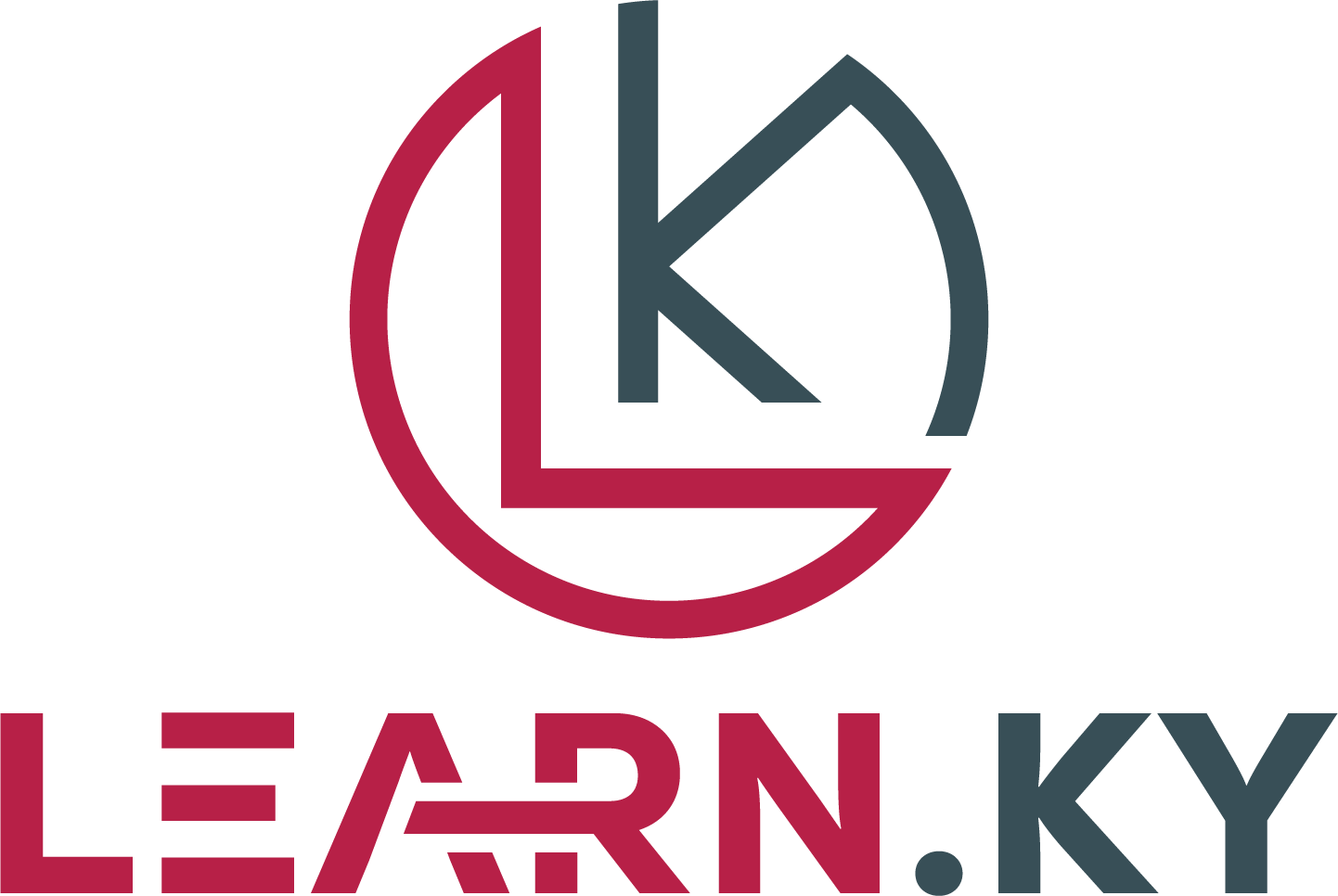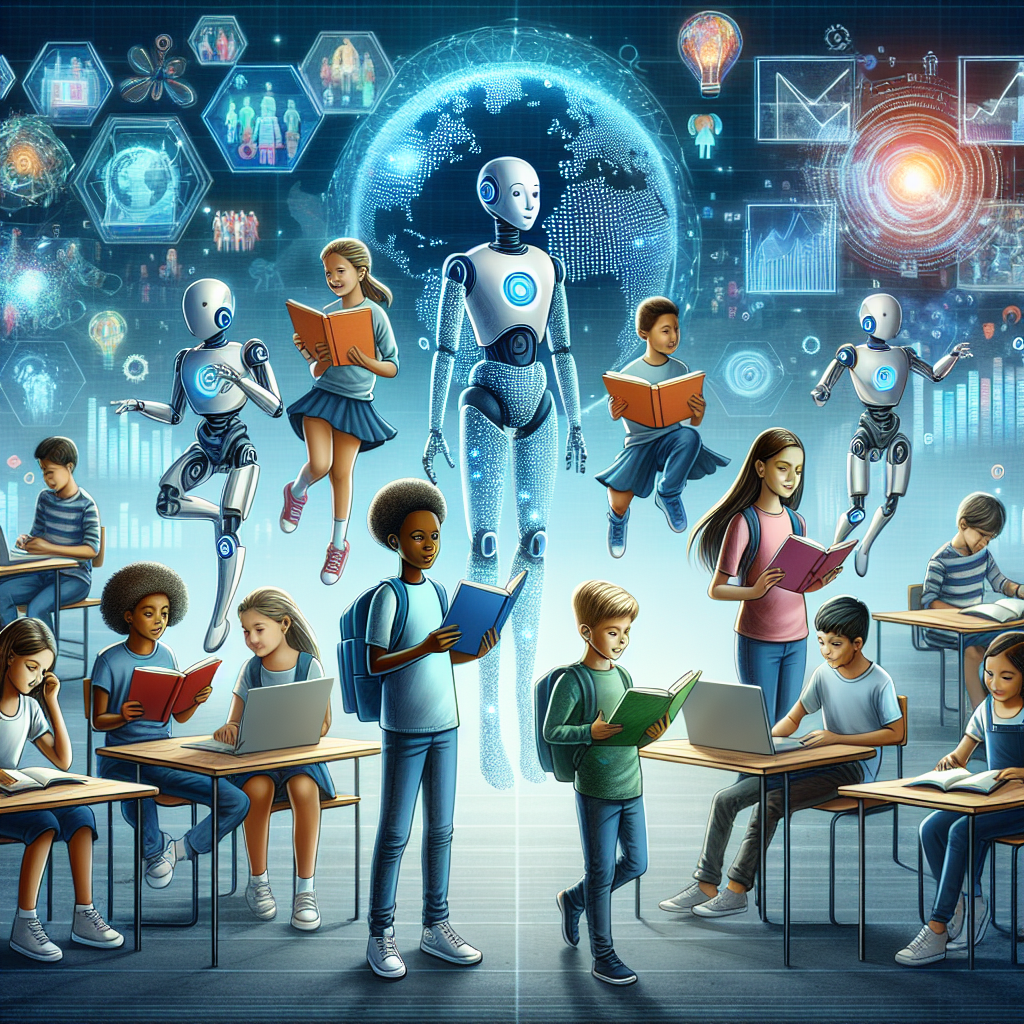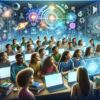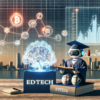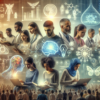One of the key ways AI is transforming education is through personalized learning. Traditional one-size-fits-all approaches to education are no longer sufficient in today’s diverse and dynamic world. AI-powered adaptive learning platforms analyze student data in real-time to create personalized learning pathways that cater to each student’s strengths, weaknesses, and learning styles. This not only enhances student engagement and motivation but also improves learning outcomes by providing targeted support and feedback. For example, platforms like Khan Academy and Duolingo use AI algorithms to adapt the difficulty of questions based on student performance, ensuring optimal learning progress.
Moreover, AI is also revolutionizing the assessment process in education. Traditional exams and standardized tests are often criticized for their limited ability to gauge a student’s true understanding and capabilities. AI-powered assessment tools, such as automated essay graders and plagiarism detectors, provide more accurate and efficient evaluation of student performance. These tools not only save teachers time but also offer valuable insights into students’ progress and areas for improvement. For instance, Turnitin uses AI to analyze writing assignments for plagiarism, promoting academic integrity and originality among students.
Furthermore, AI is enabling the creation of immersive and interactive learning experiences that transcend the boundaries of traditional classrooms. Virtual reality (VR) and augmented reality (AR) technologies powered by AI algorithms have the potential to transport students to different times, places, and scenarios, making learning more engaging and experiential. For example, Google Expeditions uses VR to take students on virtual field trips to explore historical sites, natural wonders, and cultural landmarks, bringing learning to life in ways never before possible.
Despite its potential benefits, the adoption of AI in education also raises important ethical and social implications that need to be carefully considered. For instance, concerns have been raised about data privacy and security, as AI-powered educational platforms collect vast amounts of sensitive student information. Additionally, there is a risk of exacerbating existing inequalities and biases if AI algorithms reproduce and reinforce societal prejudices. It is crucial for educators, policymakers, and technologists to work together to ensure that AI is used responsibly and ethically in education.
In conclusion, the future of education is undeniably intertwined with the rise of AI technologies. By harnessing the power of AI, we can create more personalized, adaptive, and immersive learning experiences that empower students to reach their full potential. However, it is essential to strike a balance between the benefits of AI and the ethical considerations involved, to ensure that the transformative potential of AI in education is realized in a way that promotes equity, accessibility, and inclusivity for all learners. As we journey towards this future, it is imperative for all stakeholders to collaborate and navigate the complexities of AI in education with a thoughtful and critical mindset. Only then can we truly unlock the transformative power of AI to shape the education of tomorrow.


